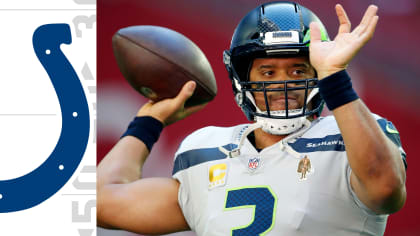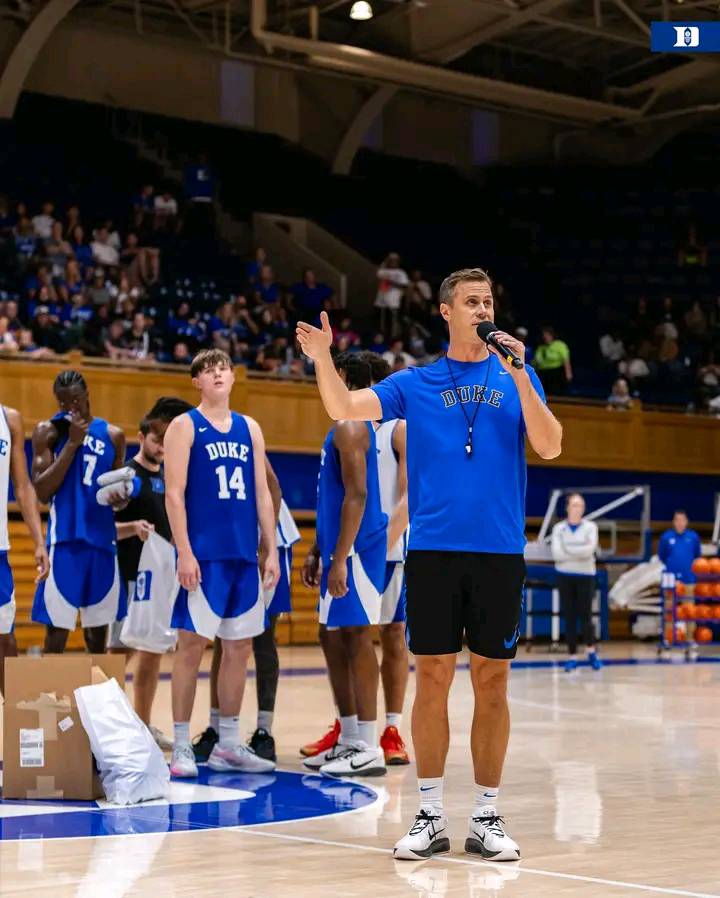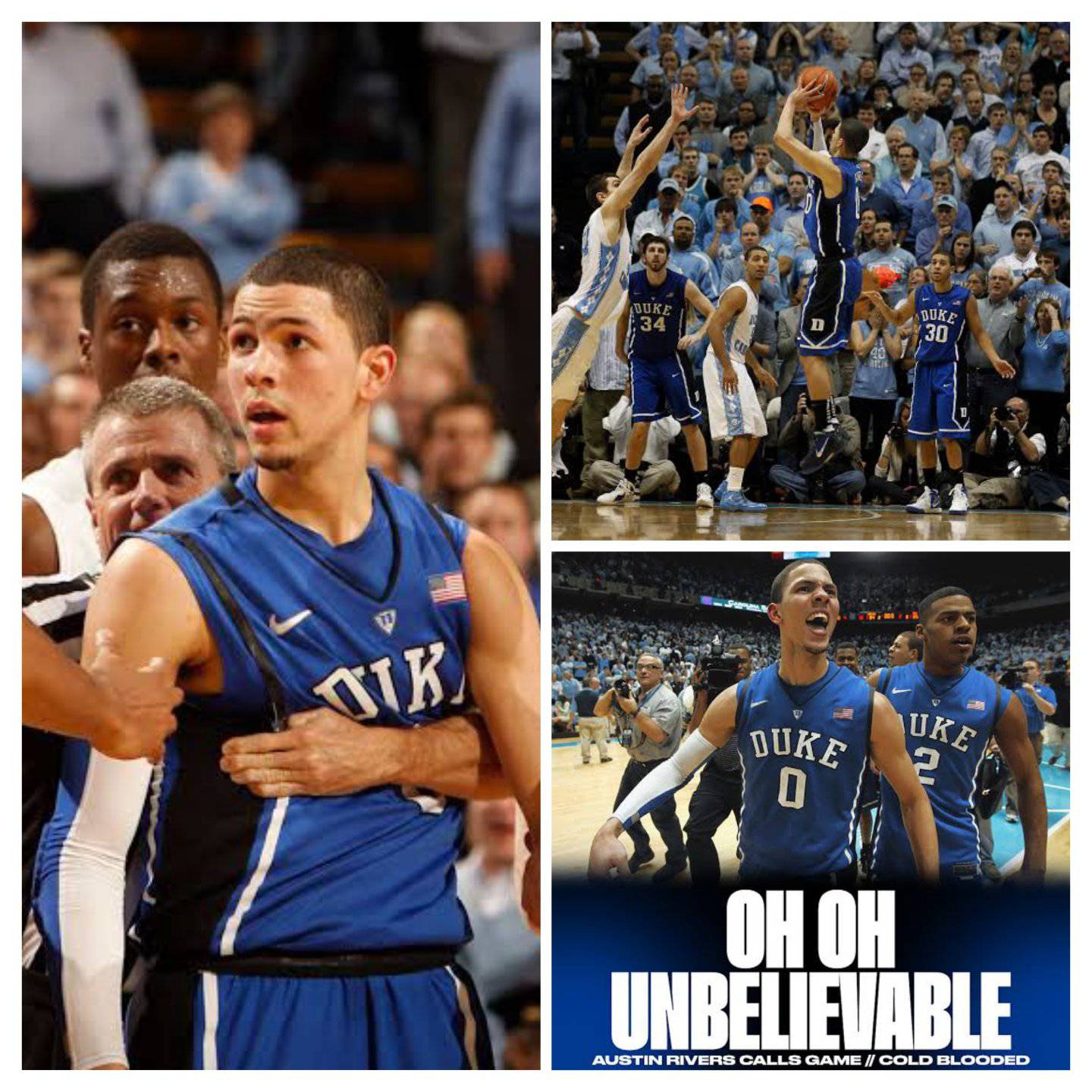Tennessee Titans pick linebacker Olivier Vernon in PFF’s 2012 NFL re-draft.
In Pro Football Focus’ 2012 NFL re-draft, the Tennessee Titans make a bold and strategic move by selecting linebacker Olivier Vernon, a player who would have brought a different level of physicality and production to a team searching for defensive identity at that time. The original 2012 NFL Draft saw the Titans pick wide receiver Kendall Wright at 20th overall, a choice that was aimed at bolstering the passing game and providing quarterback Jake Locker with another weapon. However, with the benefit of hindsight and advanced metrics provided by PFF, it becomes clear that addressing the defensive front seven with a talent like Vernon could have significantly changed the trajectory of the Titans in the years following that draft.
Olivier Vernon entered the NFL as a third-round pick by the Miami Dolphins, selected 72nd overall out of the University of Miami. Despite being taken in the middle rounds, Vernon quickly outperformed many of his peers drafted ahead of him. Over the course of his career, Vernon established himself as a disruptive force on the edge, showcasing a rare blend of power, technique, and relentlessness. His ability to pressure quarterbacks consistently, set the edge against the run, and play with a high motor made him one of the more underappreciated yet highly effective edge defenders of his era.
In re-examining the 2012 draft through PFF’s analytical lens, it is easy to see why the Titans opting for Vernon at pick 20 makes sense. The Titans’ defense in 2012 was in need of impact players, especially in the front seven. Their pass rush struggled to generate consistent pressure, and their run defense was often susceptible to being gashed by opposing offenses. Bringing in a player like Vernon would have provided a foundational piece for Tennessee’s defensive rebuild, giving them a reliable presence on the edge for years to come.
At the time of the 2012 draft, Tennessee was hoping that Kendall Wright could spark the offense with his speed and playmaking ability. While Wright had a respectable rookie season and a solid career in Tennessee, he never quite developed into the game-changing receiver that the Titans envisioned. Injuries and inconsistency hampered his ability to dominate, and he struggled to form a long-term dynamic connection with the Titans’ revolving door at quarterback. In contrast, Olivier Vernon consistently produced regardless of the circumstances around him, earning high grades from PFF for his work both as a pass rusher and run defender.
Vernon’s rookie season with Miami gave a glimpse of his potential. He contributed 3.5 sacks and made his presence felt on special teams and in rotational duty on defense. By his second season, he had earned a starting role and exploded with 11.5 sacks, 57 tackles, and numerous pressures that affected opposing quarterbacks. His progression was emblematic of a player who adapted quickly to the NFL level and refined his skills year over year. For Tennessee, inserting such a player into their lineup in 2012 would have given them a young building block to pair with defensive end Derrick Morgan, creating a formidable duo on the edges.
As the years went on, Vernon continued to demonstrate his value. His 2015 season with the Dolphins was particularly impressive, as he recorded 7.5 sacks, 61 total tackles, and a league-leading number of quarterback hurries according to PFF metrics. His performance earned him a lucrative free-agent deal with the New York Giants, further proof of his standing in the league. For a Titans defense that during this era was constantly searching for ways to improve its pass rush, a player like Vernon would have represented a major upgrade.
The ripple effect of drafting Vernon instead of Wright could have extended beyond just the defensive improvement. A stronger pass rush might have alleviated some of the pressure on the Titans’ secondary, which was often exposed due to the lack of consistent disruption up front. This, in turn, could have changed how the team approached subsequent drafts and free agency periods. With an edge presence like Vernon in place, the Titans might have felt less urgency to invest heavily in other defensive linemen and could have focused resources on other areas of need, such as cornerback or offensive line help.
In addition, a defensive cornerstone like Vernon could have contributed to changing the team’s identity during a period when the Titans were searching for one. The Titans of the early 2010s were a team caught between rebuilding and trying to stay competitive in the AFC South. They lacked the defensive bite that had characterized their better teams of the early 2000s. By adding a high-motor edge rusher who played with intensity and consistency, Tennessee could have reestablished a reputation for defensive toughness and made life more difficult for division rivals like the Indianapolis Colts and Houston Texans, both of whom had strong quarterback play during this era.
It’s worth noting that Olivier Vernon was more than just a pass rusher. His ability to play the run effectively made him a true three-down player. This versatility would have been invaluable for a Titans defense that struggled at times to stop the run and often found itself unable to get off the field on key downs. Vernon’s presence might have helped Tennessee improve its third-down defense and overall time of possession, indirectly aiding the offense by giving them more opportunities and better field position.
Had Tennessee selected Vernon in the first round, it might have also altered Vernon’s own career trajectory. Playing in a system that could have featured him more prominently from the outset, paired with a solid supporting cast in players like Morgan and Jurrell Casey, might have enabled Vernon to reach even greater heights. The Titans could have built a defensive front that was feared across the league, combining power, speed, and technical proficiency in ways that few teams could match.
Of course, the hypothetical selection of Vernon raises the question of how the Titans would have addressed their wide receiver needs. Without Kendall Wright, the Titans would have been forced to look elsewhere for help in the passing game, whether through later draft picks, trades, or free agency. While that might have posed a challenge, it’s arguable that the long-term benefit of having a defensive anchor would have outweighed the short-term need at receiver, especially given the instability at quarterback that hampered the passing game regardless of who was catching the ball.
When evaluating draft decisions in retrospect, it’s important to recognize the unpredictable nature of player development, injuries, and team fit. However, Olivier Vernon’s consistent production, durability, and impact across multiple seasons and teams suggest that he was the type of player who could have thrived in most environments, including Tennessee. His selection in PFF’s re-draft underscores the value that analytics can bring to understanding how certain players contribute beyond traditional box-score statistics.
The Titans’ selection of Olivier Vernon in this re-draft exercise serves as a reminder of the importance of prioritizing impact players who can alter the dynamics of games on a regular basis. Edge rushers, in particular, are premium commodities in the modern NFL, and having one who can reliably pressure quarterbacks, defend the run, and stay on the field for key snaps is invaluable. Vernon’s career reflects those traits, and his hypothetical pairing with Tennessee represents an intriguing “what if” in recent NFL history.
In conclusion, while the Titans’ original choice of Kendall Wright was made with a clear goal in mind—to invigorate the passing offense—the re-draft selection of Olivier Vernon illustrates how addressing the defense with a high-upside, high-motor edge player might have provided longer-lasting and more transformative benefits. It highlights how franchise direction can pivot on a single draft choice and how the right defensive addition can set the tone for an entire unit for years. Through PFF’s re-draft lens, it’s clear that Vernon was a player worthy of first-round consideration and a talent who could have significantly shaped the Titans’ fortunes throughout the 2010s.



